Stitches Collection by Egbert-Jan Lam for LZF Lamps. The embroidered light
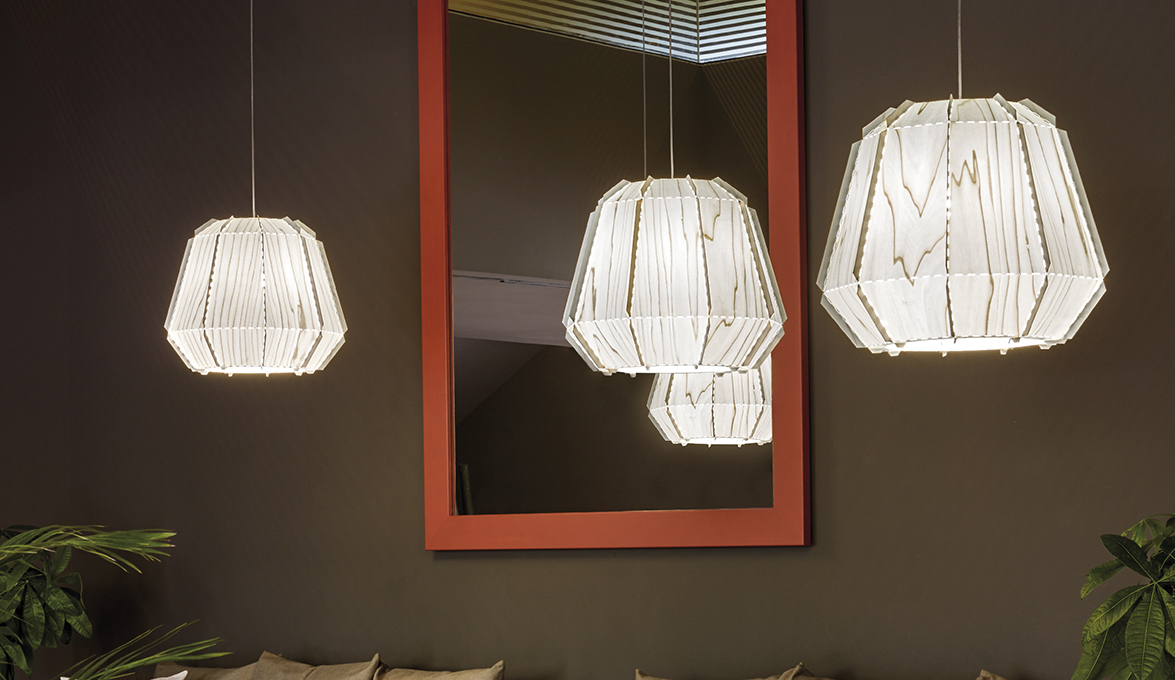
Egbert-Jan Lam of Netherlands-based Burojet Design Studio has designed and ‘embroidered’ a new family of lamps for LZF.
Known as Stitches, veneer lengths are crafted in a traditional sewing fashion: by mar- king out a pattern and cutting it. Just as a dressmaker makes a dress or a tailor makes a suit, the Stitches pattern is repeated to produce an individual lamp—there are presently four lamps in the Stitches family.
Where hemming is normally used as a garment nishing technique (with the edge of a piece of cloth folded and sewn), the Stitches lamps each have a visible hemstitch. Light then shines through this hemstitching, cleverly simulating the embellished stitches found on cloth.
The method employed in creating Stitches allows LZF to design and produce a varie- ty of lamp shapes, each with its own distinct pattern. In effect, it is a relatively simple way of making a large collection of lighting.
Still, the challenge lies in crafting different Stitches models from wood veneer. A fragile material, LZF is pushing the limits of wood veneer by skilfully manipulating it in a traditional sewing-like manner.
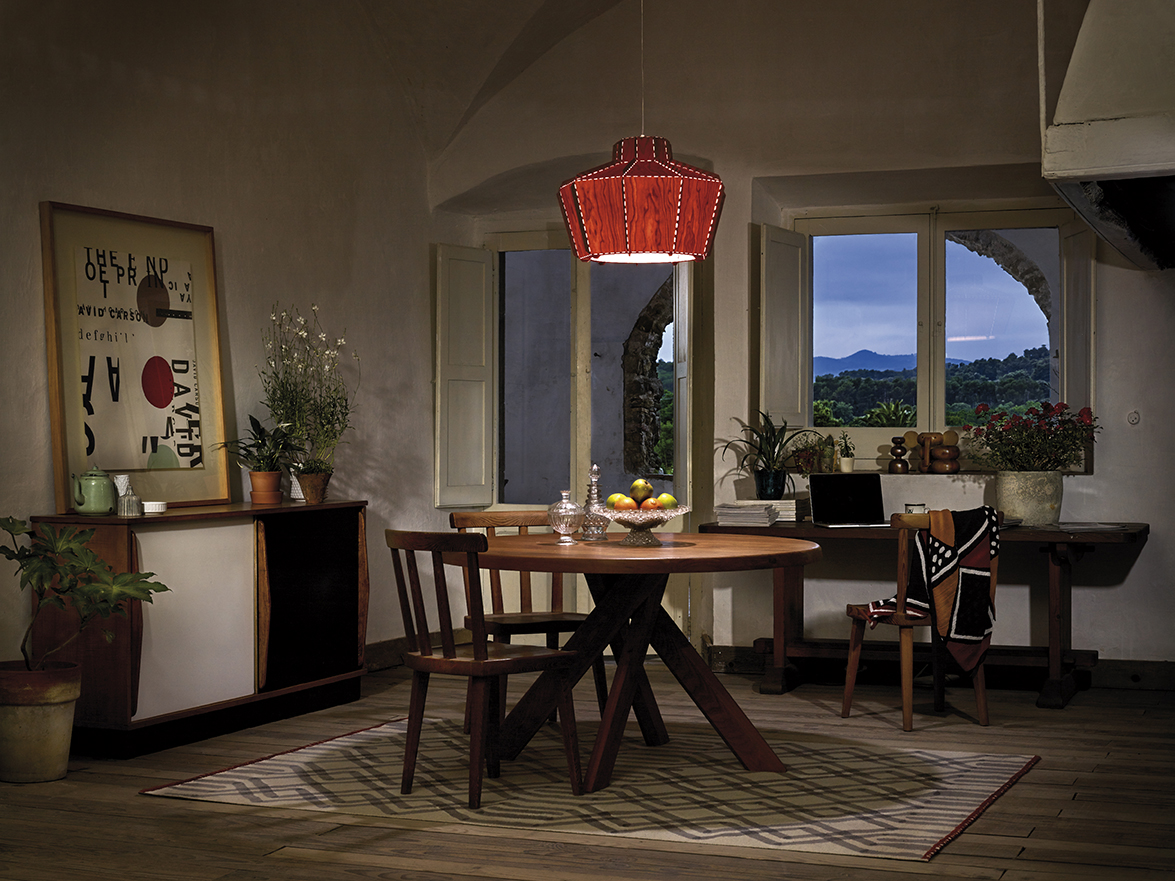
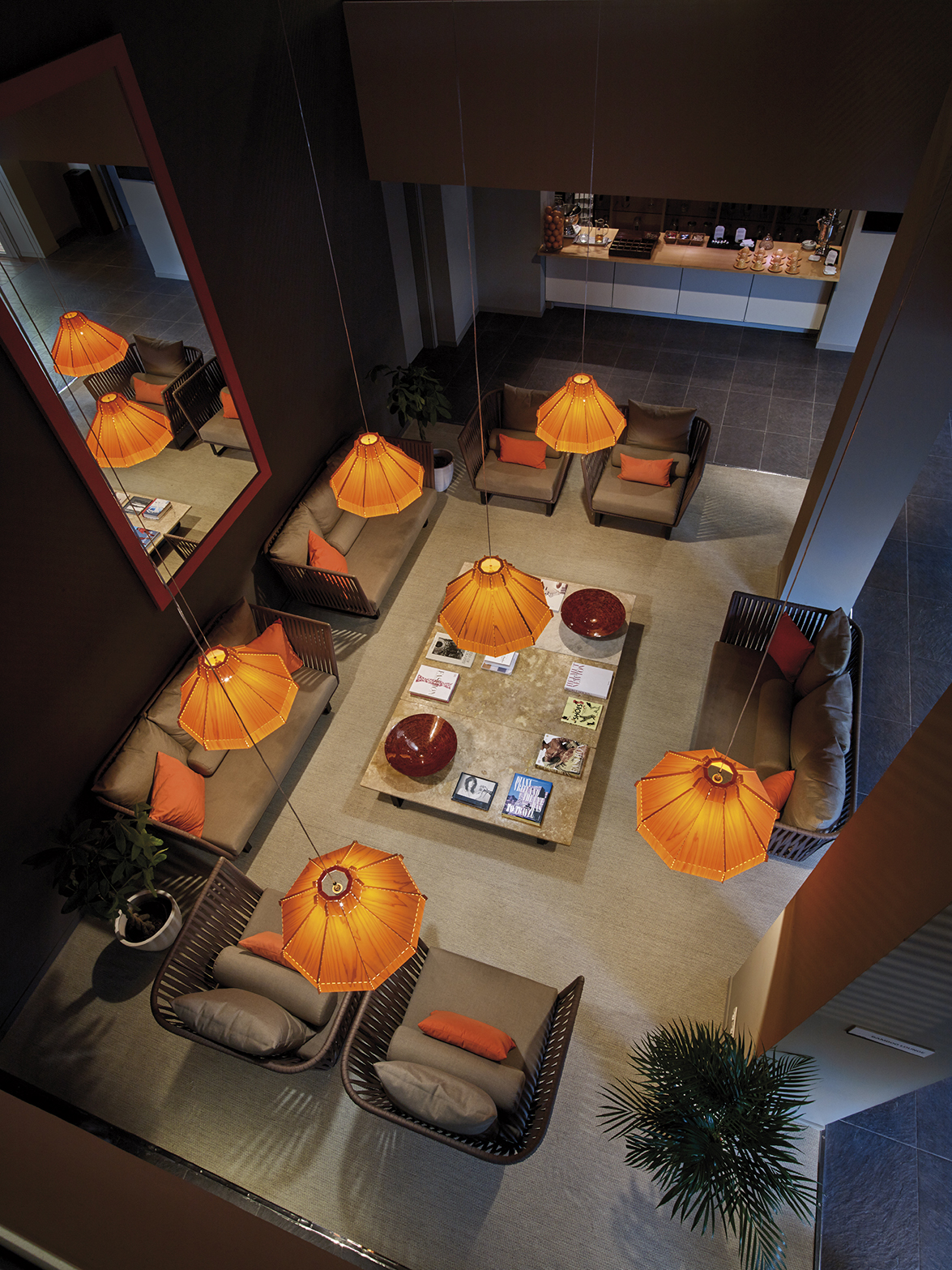
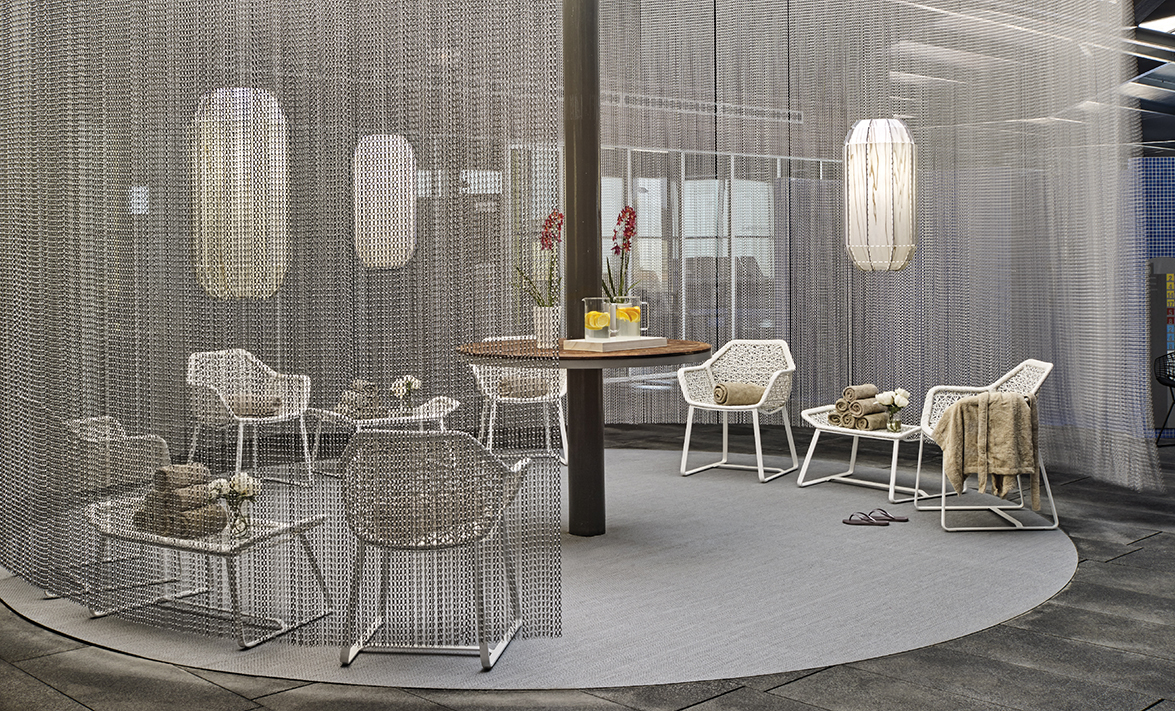
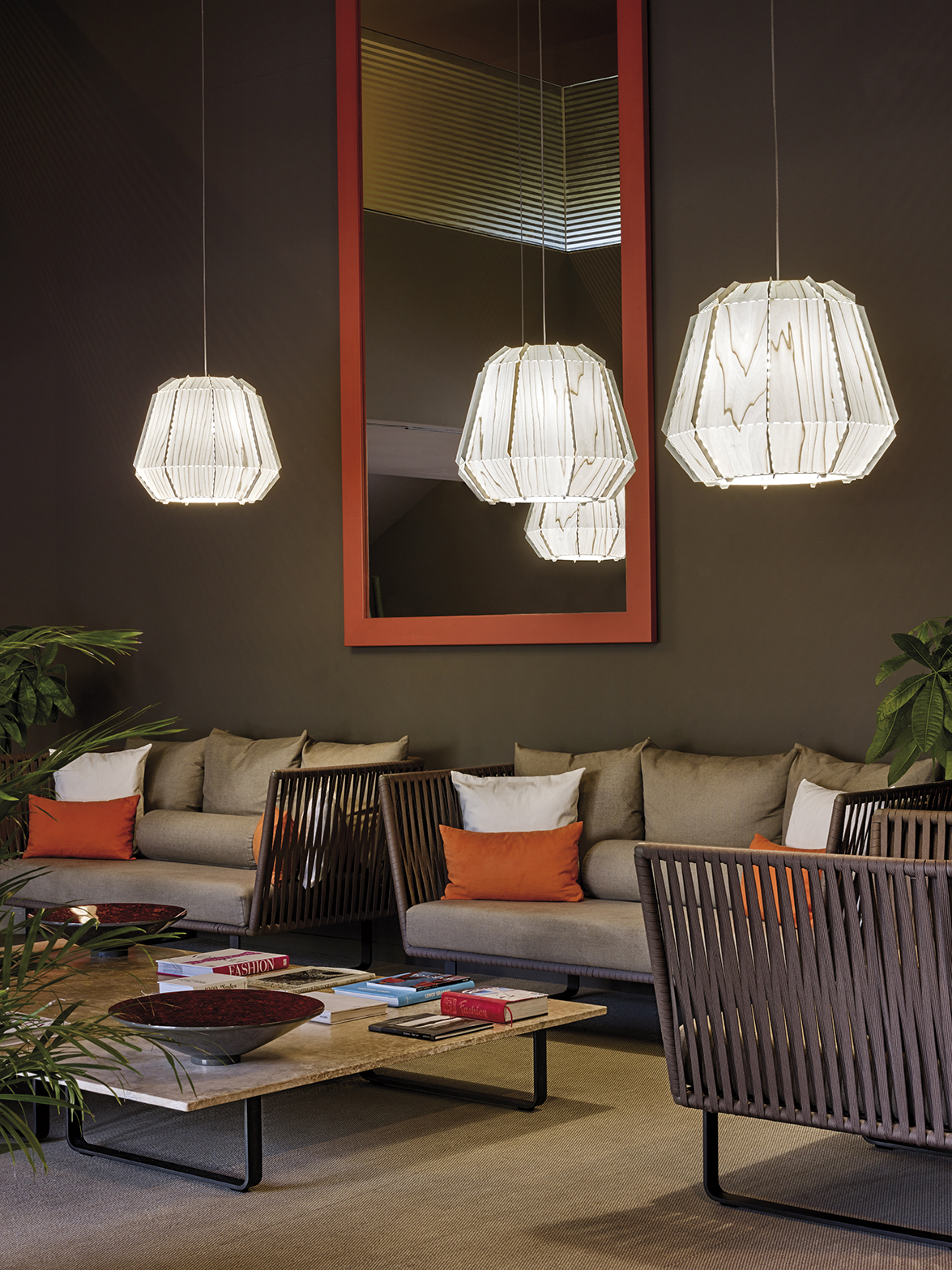 With its four original Stitches models—known as Mopti, Tombuctú, Djenné and Bamako—LZF has created an aesthetic and innovative range of handmade wood lamps. Each lamp is named after a town or city in Mali, as their shapes allude to the adobe mosques found across the West African nation. Moreover, Mali has a long history as a producer of embroidery, something embodied in Stitches.
With its four original Stitches models—known as Mopti, Tombuctú, Djenné and Bamako—LZF has created an aesthetic and innovative range of handmade wood lamps. Each lamp is named after a town or city in Mali, as their shapes allude to the adobe mosques found across the West African nation. Moreover, Mali has a long history as a producer of embroidery, something embodied in Stitches.
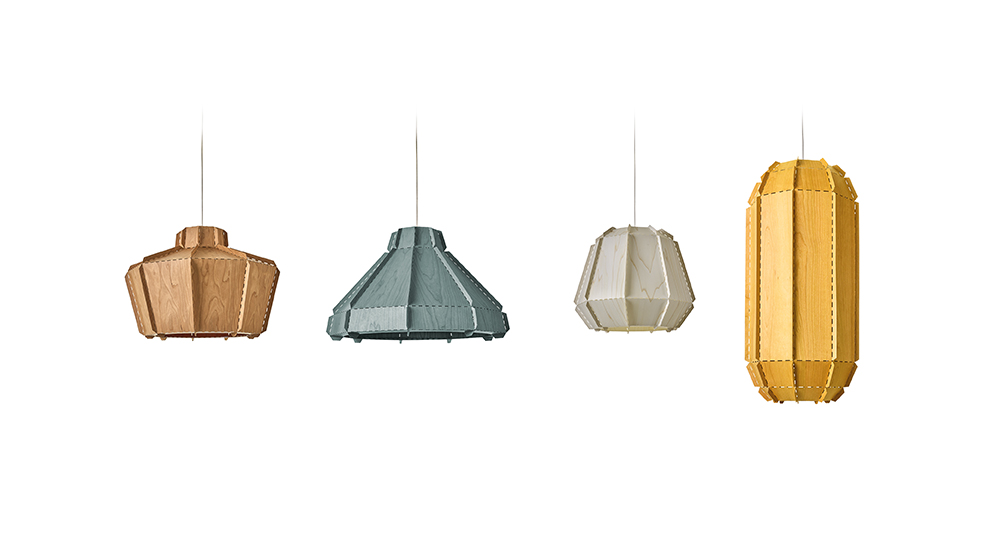
Mopti, Djenné, Bamako and Tombuctú
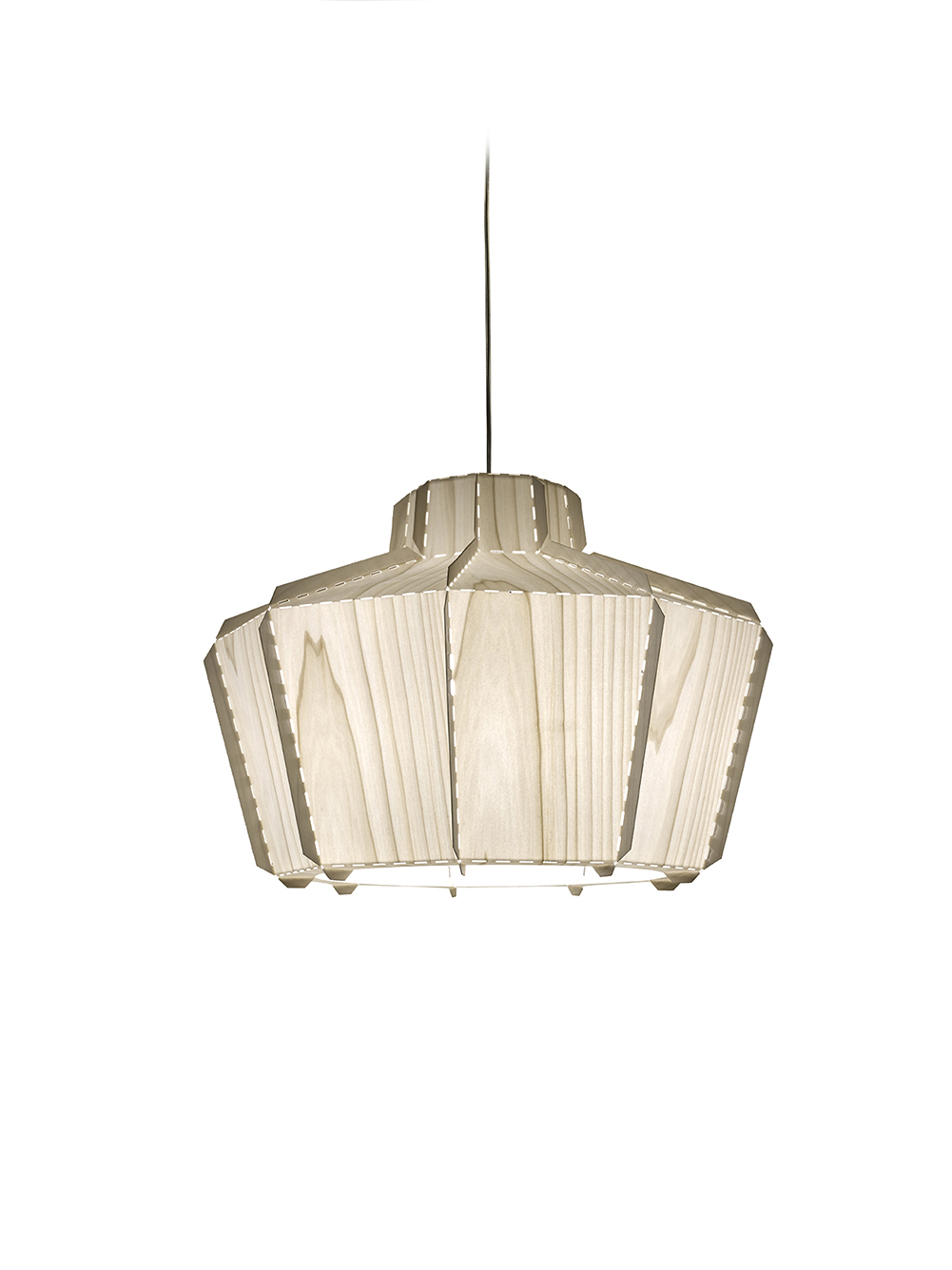
Mopti
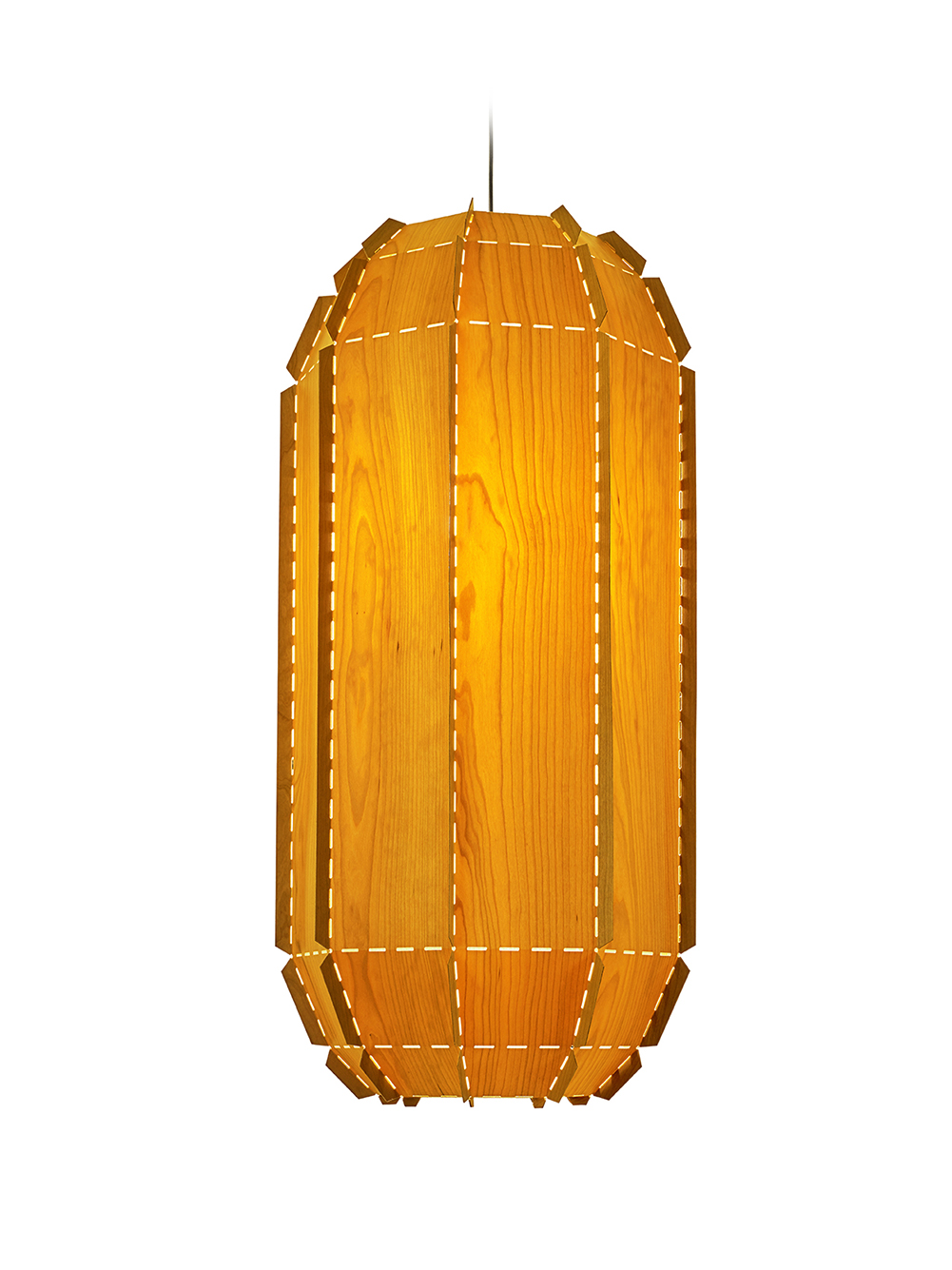
Tombuctú
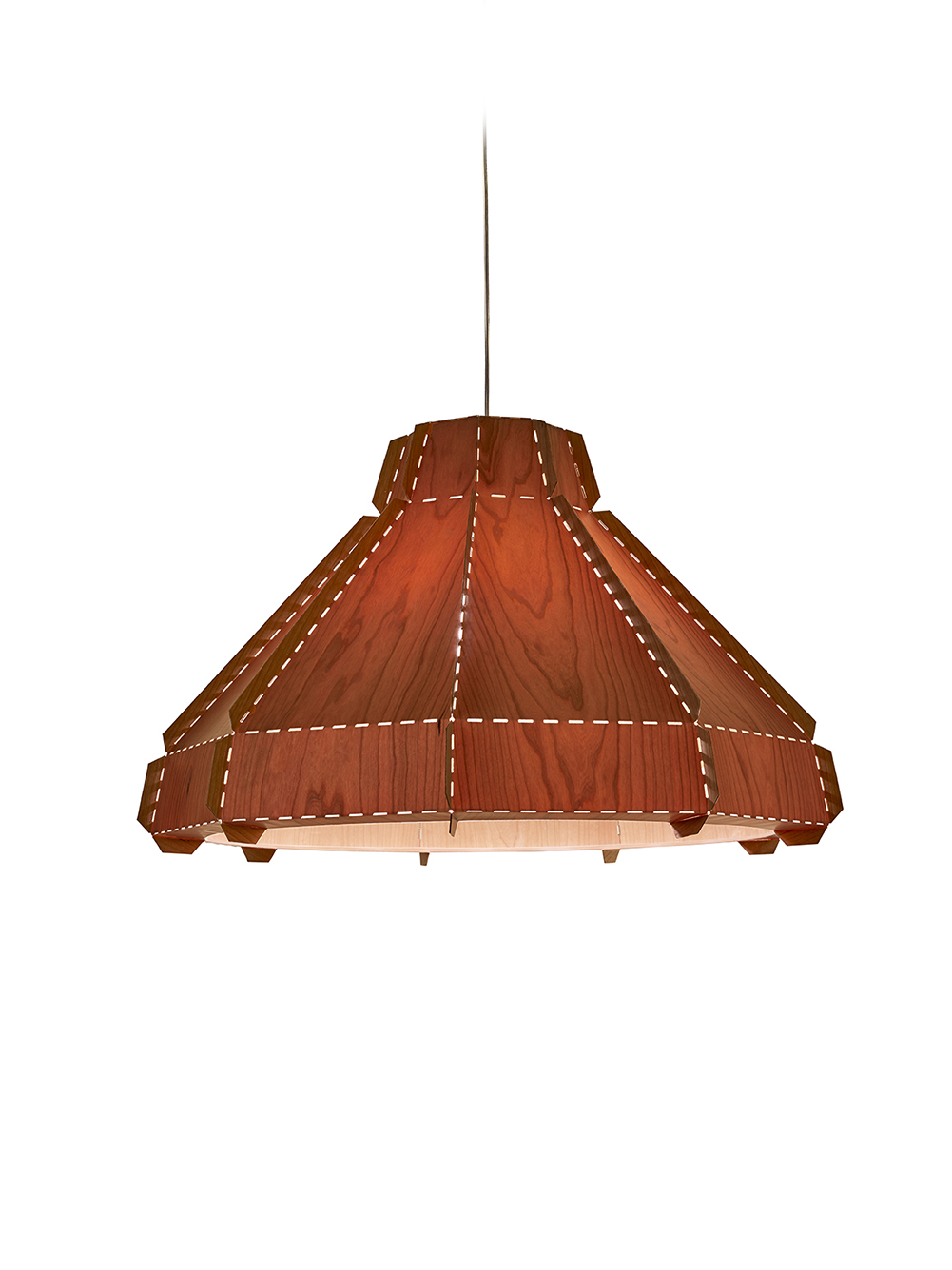
Djenné
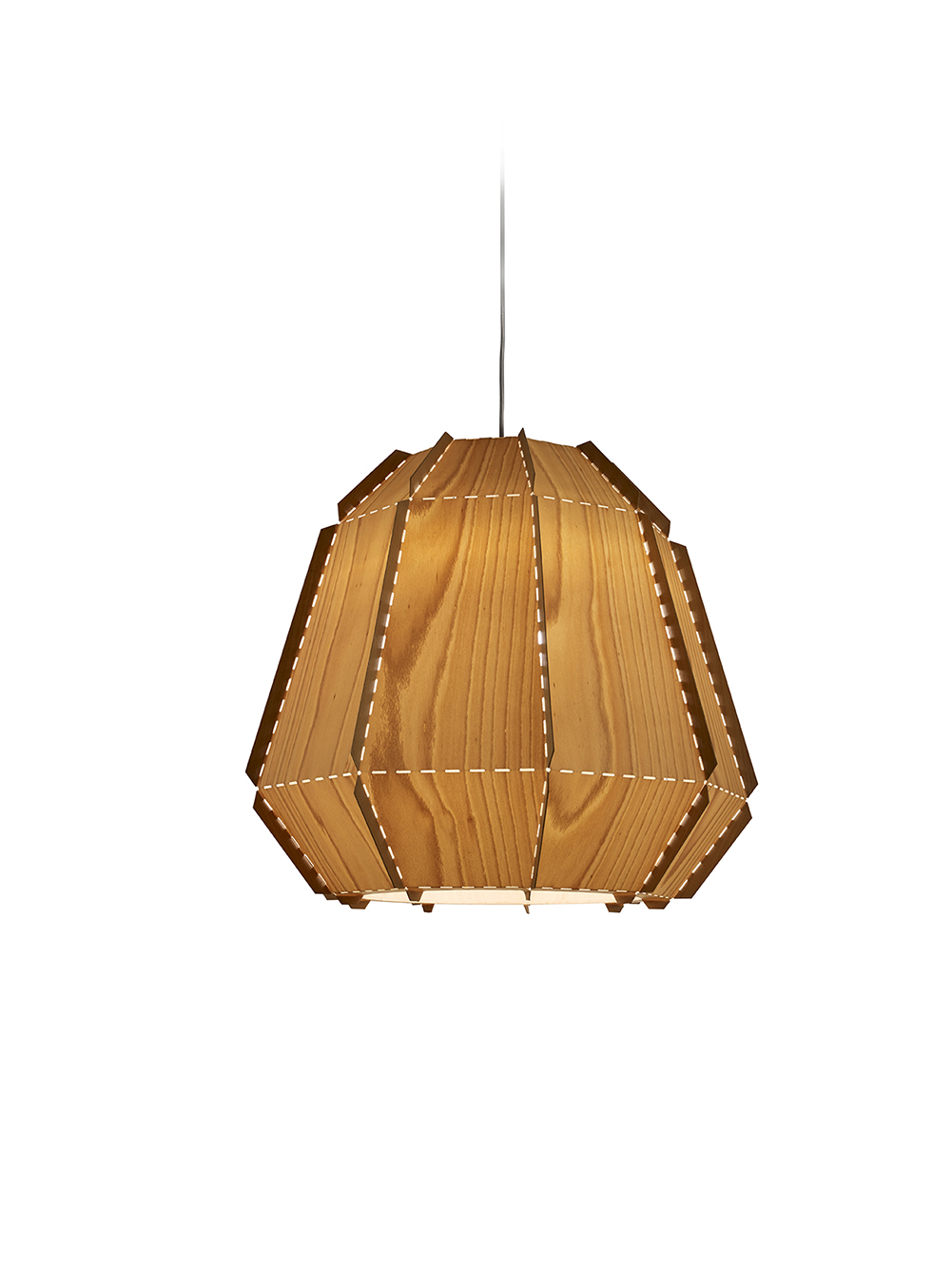
Bamako
Source: LZF Lamps
Read more news related Lzf Lamps published at Infurma
Visit the LZF Lamps sheet at Infurma
Visit the LZF Lamps website
News Infurma:
Online Magazine of the International Habitat Portal. Design, Contract, Interior Design, Furniture, Lighting and Decoration
